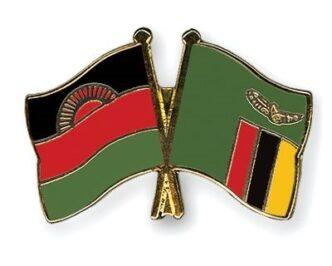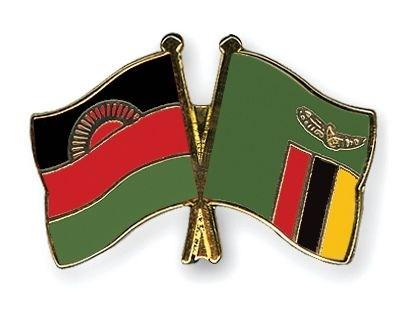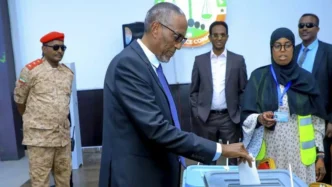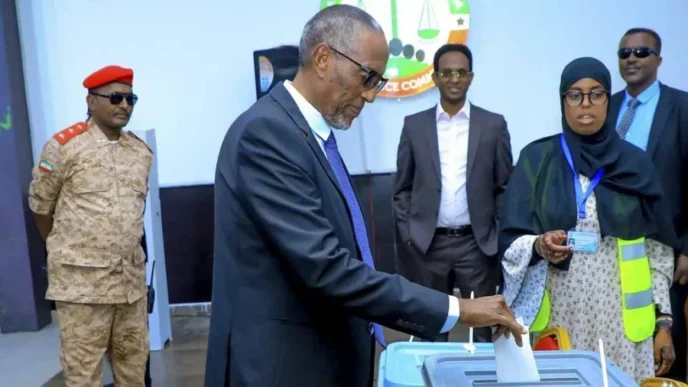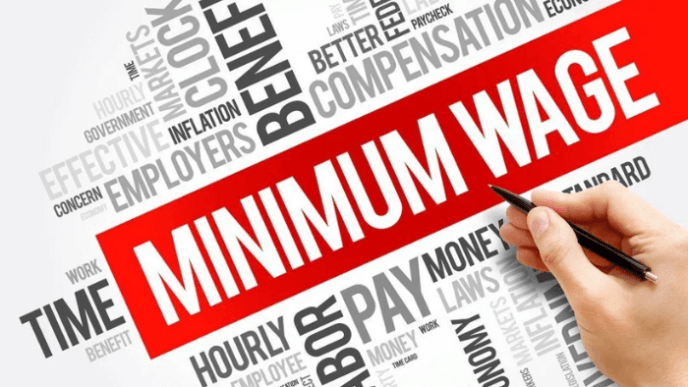Malawi and Zambia are exploring Kenya’s government-to-government (G-to-G) fuel import strategy with hopes of easing their own fuel shortages. Facing recent supply issues, these countries aim to replicate Kenya’s model, which bypasses traditional open tenders in favor of direct agreements with Gulf oil producers, a shift Kenya implemented recently to counter supply volatility.
Under Kenya’s G-to-G deal, state-owned oil giants like Saudi Aramco, Abu Dhabi Oil Company (ADNOC), and Emirates National Oil Company (ENOC) directly partner with oil marketing companies to manage fuel distribution in Kenya. This shift has helped Kenya secure a stable fuel supply, and officials from both Malawi and Zambia are now studying its structure and benefits.

Last week, Kenya’s Energy Cabinet Secretary, Opiyo Wandayi, met with a delegation from Malawi to provide insights into the G-to-G model. “I have today commissioned a technical team to explain the structure, challenges, and mitigation strategies of the G-to-G arrangement to the Malawian delegation,” Wandayi announced. Malawi is also requesting a berth at Kenya’s port to facilitate fuel access, demonstrating the depth of regional collaboration needed to address fuel scarcities.
The shortage issues in Malawi, Zambia, and Burundi highlight the critical role of dollars in fuel imports. Without sufficient access to foreign currency, countries struggle to pay for fuel, disrupting supplies and raising pump prices. As the region confronts these challenges, innovative import models may offer a pathway to economic stability.
Could Kenya’s approach become the new standard for fuel imports across Africa?
